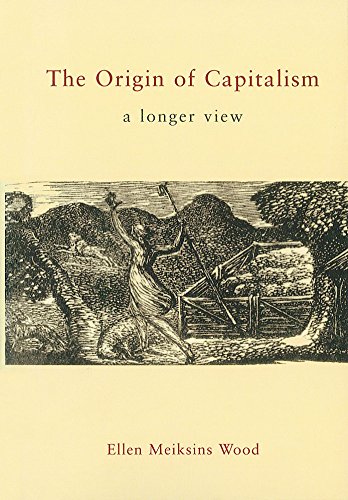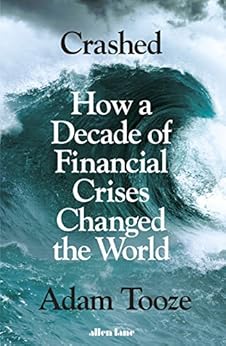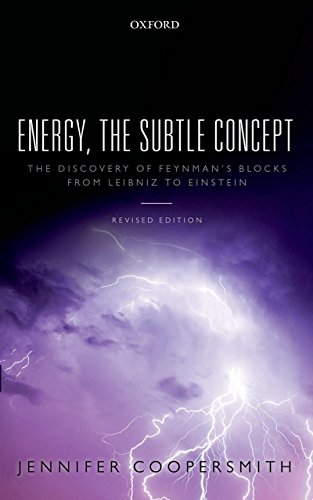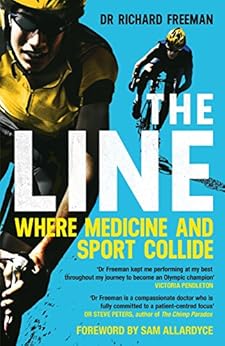But it was not always so.
How fragile was the state of being a capitalist in the beginning! Unlike the lords of feudalism or antiquity, the proto-capitalists had no military forces at their disposal and relied upon alien, hostile institutions for the security of their business transactions - and for their own personal safety. How often were moneylenders simply killed or exiled by those powerful nobles indebted to them?
Reflecting upon Helen Dale's tantalising question - Could the Roman Empire have produced capitalism in 200 BC? - I came upon this strange, short and enticing free book.
 |
| Amazon link |
This 36 page text is the address of Henri Pirenne (1862-1935) given at the International Congress of Historical Studies, London, April, 1913. It's a really interesting 40 minutes read (did I mention it's a free Kindle book?).
Here is some of what Pirenne, who had an interesting life, has to say.
"The ancestors of the bourgeoisie must then be sought, specifically, in the mass of those wandering beings who, having no land to cultivate, floated across the surface of society, living from day to day upon the alms of the monasteries, hiring themselves to the cultivators of the soil in harvest time, enlisting in the armies in time of war, and. shrinking from neither pillage nor rapine if the occasion presented itself.Henri Pirenne confuses his mercantilists with his capitalists. The former buy cheap and sell dear; most of what they accomplish is the shifting of value around. Capitalists, on the other hand, buy labour-power and appropriate surplus value: they do preside over the creation of new value. Capitalism as a mode of production requires the employment of workers in commodity production for the market - not a feature of medieval times except at the margins of the highly-regulated guilds.
It may without difficulty be admitted that there may have been among them some rural artisans or some professional peddlers, But it is beyond question that with very few exceptions it was poor men who floated to the towns and there built up the first fortunes in movable property that the Middle Ages knew.
Fortunately we possess certain narratives which enable us to support this thesis with concrete examples. It will suffice to cite here the most characteristic of them, the biography of St. Godric of Finchale. He was born of poor peasants in Lincolnshire, toward the end of the eleventh century, and from infancy was forced to tax his ingenuity to find the means of livelihood. Like many other unfortunates of all times, he at first walked the beaches on the outlook for wreckage cast up by the sea. Then we see him, perhaps by reason of some fortunate find, setting up as a peddler and travelling through the country with a little pack of goods (cum mercibus minutis).
At length he gathers together a small sum, and one fine day joins a troop of town merchants whom he has met in the course of his wanderings. Thenceforward he goes with his companions from market to market, from fair to fair, from town to town. Having thus become a professional merchant, he rapidly gains a sufficient sum to enable him to associate himself with other merchants, charter a boat with them, and engage in the coasting trade along the shores of England, Scotland, Denmark, and Flanders.
The company is highly successful. Its operations consist in carrying to a foreign country goods which it knows to be uncommon there, in selling them there at a high price, and acquiring in exchange various merchandise which it takes pains to dispose of in the places where the demand for them is greatest and where it can consequently make the greatest gains.
At the end of some years this prudent practice of buying cheap and selling dear has made of Godric, and doubtless of his associates, a man of important wealth. Then, touched by divine grace, he suddenly renounces his fortune, gives his goods to the poor, and becomes a monk.
The story of Godric, if one omits its pious conclusion, must have been that of many others. It shows us, with perfect clearness, how a man beginning with nothing might in a relatively short time amass a considerable capital. Our adventurer must have been favored by circumstances and chance. But the secret of his success, and the contemporary biographer to whom we owe the story insists strongly upon it, is intelligence. ...
The fortunes acquired in the wandering commerce by the parvenus of the eleventh and twelfth, centuries soon transformed. them into landed proprietors. They invest a good part of their gains in lands, and the land they thus acquire is naturally that of the towns in they reside. From the beginning of the thirteenth century one sees this land held in large parcels by an aristocracy of patricians, viri hereditarii, divites„ majores„ in whom we cannot fail to recognize the descendants of the bold voyagers of the gilds and the hanses.
The continuous increase of the burghal population enriches them more and more, for as new inhabitants establish themselves in the towns, and as the number of the houses increases, the rent of the ground increases in proportion. So from the commencement of the thirteenth century, the grandsons of the primitive merchants abandon commerce and content themselves with living comfortably upon the revenue of their lands.
They bid farewell to the agitations and the chances of the wandering life, They live henceforward in their stone houses, whose battlements and towers rise above the thatched roofs of the wooden houses of their tenants. They assume control of the municipal administration; they and their families monopolize the seats in the échevinage or the town council. Some even, by fortunate marriages, ally themselves with the lesser nobility and begin to model their manner of living upon that of the knights. ...
This was destined to last, as is familiar, until the moment when in England at the end of the eighteenth century, on the Continent in the first years of the nineteenth, the invention of machinery and the application of steam to manufacturing completely disorganized the conditions of economic activity.
The phenomena of the sixteenth century are reproduced, but with tenfold intensity Merchants accustomed to the routine of mercantilism and to state protection are pushed aside. We do not see them pushing forward into the career which opens itself before them, unless as lenders of money. In their turn, and as we have seen it at each great crisis of economic history, they retire from business and transform themselves into an aristocracy.
Of the powerful houses which are established on all hands and which give the impetus to the modern industries of metallurgy, of the spinning and weaving of wool, linen, and cotton, hardly one is connected with the establishments existing before the end of the eighteenth century Once again, it is new men, enterprising spirits, and sturdy characters which profit by the circumstances."
However, his 'stages theory', in which the merchants and proto-capitalists of each generation make their money and cash in, to join and reinvigorate their pre-capitalist elites, is surely correct. It was ever so.
---
The Roman Empire enslaved available labour. It didn't seem to have occurred to anyone that this might be a moral atrocity: there were no abolitionists in antiquity, although slaves were often freed on a personal basis.
The main thing preventing a capitalist transition seems to have been the lack of proto-capitalists. There were certainly many 'new men' who made their fortunes in trade around the Mediterranean and farther afield. As Pirenne similarly observes for the mediaeval period, it was invariably the case that they then bought status and prestige by converting their fortunes into land and slaves.
As a matter of fact, Roman artisan workshops did not expand into proto-companies powered by wage labour, which would have marked the onset of capitalism-proper.
 |
| Amazon link |
I'm still struggling to put my finger on exactly why no bourgeoisie developed in Rome, but maybe this book by the renowned Ellen Meiksins Wood will help (I've just started it). More later.
---
Marx anticipated all this with his knockabout "Genesis of the Industrial Capitalist", Chapter 31 of the first volume of Capital.





















